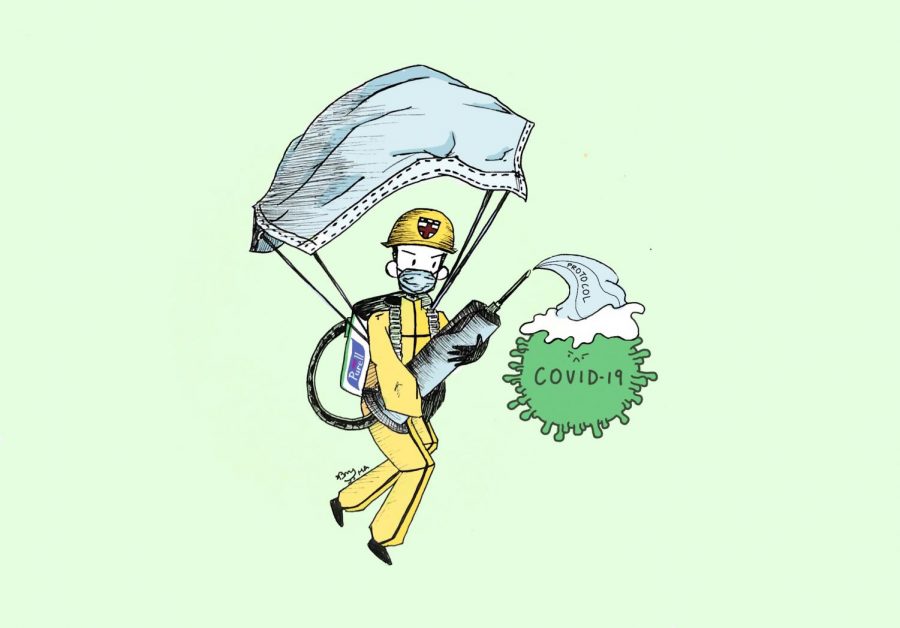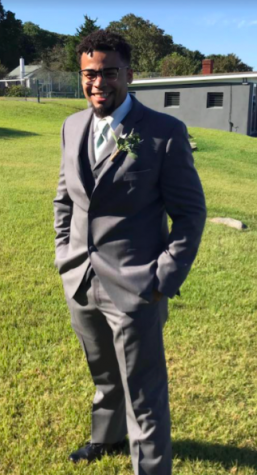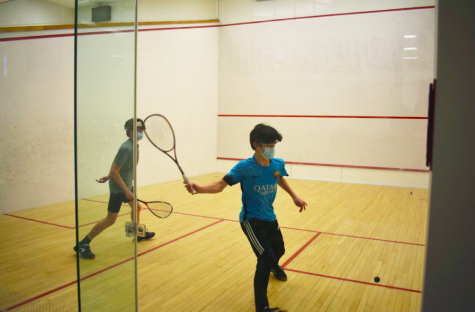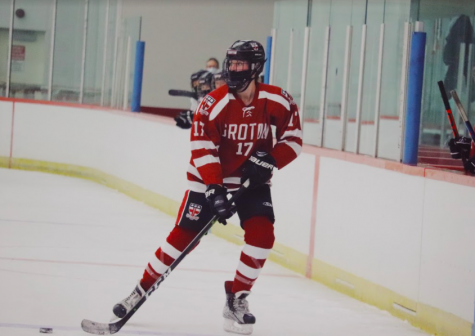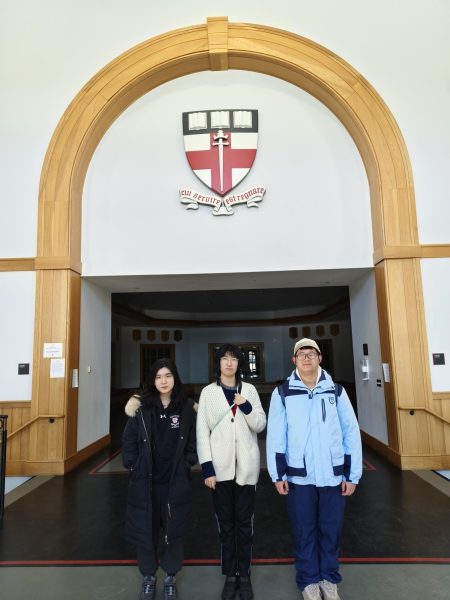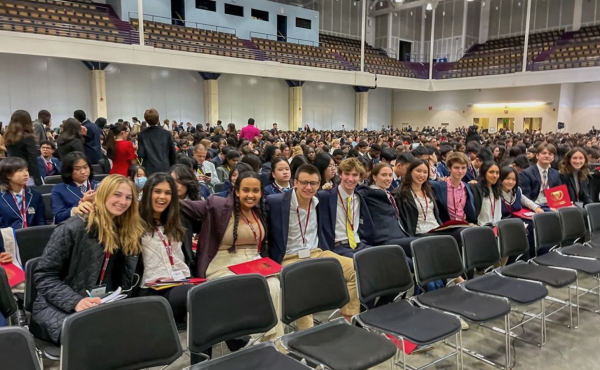Groton’s Secret to Fall Success
This fall, the Groton community accomplished something truly special: zero cases of COVID-19 among students and school staff. So who and what was behind this remarkable feat? And now, as we enter an unpredictable winter, how is Groton going to adapt?
The origins of this zero transmission rate accomplishment started with the School Opening Health Advisory Group (SOHAG), a committee composed of “school health professionals, parents who are medical professionals, school board members, and school administrators,” according to Groton School Physician Consultant Dr. Sophie Allende-Richter. SOHAG was active long before campus reopened in early September, planning and reviewing the necessary protocols for students to return to and remain at Groton safely. According to Dr. Allende-Richter, SOHAG’s early initiative gave enough time to secure the resources needed for testing, daily screening, and contact tracing. The committee also recommended other measures intended to maintain Groton’s bubble, such as restricting activities beyond the Circle for students and faculty. Headmaster Temba Maqubela, working in tandem with the Board of Trustees, made the final approval of SOHAG’s plans.
In addition to the important protocols SOHAG instituted, Dr. Allende-Richter noted that Groton’s success this fall was also aided by its nature as a boarding school “located remotely from Boston.” According to Dr. Allende-Richter, this fall about 90% of the student body boarded, a figure higher than that of peer boarding schools, so Groton experienced less traffic through campus and thereby limited its exposure to extra-bubble contamination.
Even when an employee of a cleaning company that provides contracted services tested positive in early October, Groton was more than prepared to handle the situation. Dr. Allende-Richter credited Groton’s speedy response to its protocols, saying that the school’s “COVID-19 safety measures helped to quickly notify and isolate staff members who may have been exposed to that particular employee and prevented community spread.”
Despite smooth sailing through the fall, wintry prospects present new challenges. Although Americans have already begun receiving vaccinations, the pandemic, both across the nation and in Massachusetts, is reaching new milestones, surpassing levels from the outset of the virus in the spring. According to the New York Times, in the week of December 14, the US recorded 300,000 total coronavirus-related deaths, accompanied by a 14-day 31% rise in national cases. Massachusetts’ 14-day change in cases revealed an alarming 99% increase, with daily infection rates dwarfing even some of the worst days in the spring. Middlesex County, in which the town of Groton is located, reported a 7-day daily average of almost 1000 total cases, the worst levels the county has ever seen. Compounded with the flu epidemic and end-of-year migrations, COVID-19 is projected to continue wreaking havoc. Faced with a particularly bleak holiday season, Dean of Brown University’s School of Public Health Dr. Ashish Jha said, “The next three months are going to be just horrible.” He recently lambasted Massachusetts Governor Charlie Baker, who has not made significant changes to his state guidelines, lamenting that he had gone from “uncomfortable to aghast” at the state government’s incompetence.
Consequently, some peer schools have decided to de-densify their campuses in order to operate safely in the winter. Phillips Academy Andover, located in Andover, MA, is only allowing its seniors to return to campus, while all other students will study remotely. Milton Academy, located in its namesake town, is hosting all boarders except its juniors, and it will divide its day students into two cohorts that will attend in-person classes on alternating weeks. Since the start of SY 2020-21, Andover recorded 14 positive tests, or a 98.6% negative test rate, while Milton recorded 20 cases, a 99.8% negative test rate.
In a schoolwide email towards the end of fall term, Mr. Maqubela stated that “we are hopeful that our community will be closer to whole when we return in January.” He cited a “reassuring fall regimen” in making this decision, pointing to pre-arrival quarantine, weekly testing, daily screenings, mask-wearing protocols, and a closed campus as factors contributing to the curb of COVID-19. Just as it did in the fall, Groton is implementing a staggered return schedule for different groups of the community, and will begin in-person instruction once “test results and conditions” allow. An update on December 11 announced that Groton will follow through with its plan to invite students to campus but will postpone its opening by a week to avoid “crowded [holiday] travel conditions,” “allow faculty and staff to be tested at least twice before students arrive,” and to “provide more flexibility for families.”
Dr. Allende-Richter noted, “The nature of the virus has not changed and we will all have to continue adhering to all social distancing measures as we have in the fall to maintain our bubble and rely on our daily screening, surveillance testing, contact tracing and isolation spaces to keep the virus at bay.”


